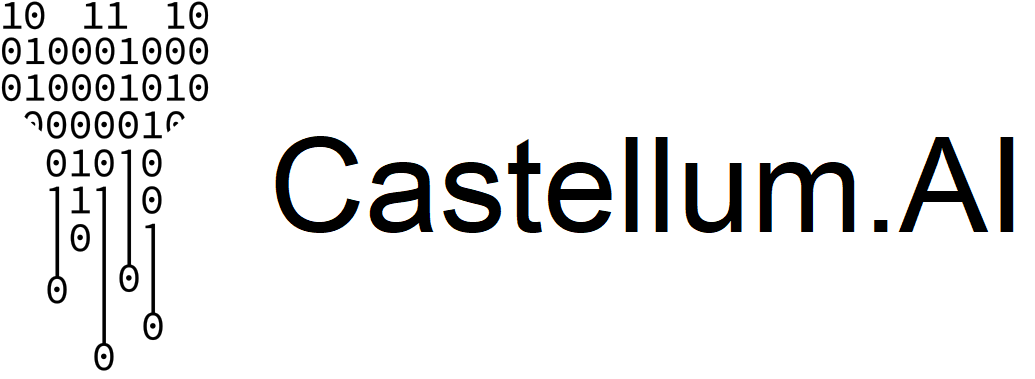
MENA & Africa Regional Sanctions Guide
Eleven of the 74 countries in the Middle East and Africa maintain publicly available sanctions lists, with Bahrain maintaining a sanctions list that is not visible to the public. The usefulness of these countries’ sanctions data varies widely, with some providing clean, searchable data and others falling short in all three index categories: data integrity, data delivery and guidance. Among the eleven lists, Qatar’s National Counter Terrorism Committee (NCTC) list scored the highest, while Saudi Arabia’s Presidency of State Security (PSS) list took the lowest-ranking score.
The Variety of Middle East and African Sanctions Lists
The countries with publicly available autonomous sanctions lists are Egypt, Iran, Israel, Lebanon, Palestine, Qatar, Saudi Arabia, Tunisia, Turkey, United Arab Emirates and South Africa.
Want to see the data behind the ratings?
Qatar’s NCTC list received the highest score in the Middle East and Africa region with a rating of 86.53%. Qatar’s list is the fifth highest rated globally, outranked only by the US, UN, France and EU, respectively. The Qatar NCTC data is highly standardized with few inconsistencies between entries, leading it to receive a high score in the data integrity category. The NCTC list also received a near-perfect score for its search tool functionality. The publicly-available portal allows users to search hundreds of records based on six input fields and two drop-down filtering categories. Users can also download query results in XLSX and PDF formats without needing login credentials. Two areas of improvement for the NCTC list are to break down individual and entity location information into address parts such as street, city and country and to remove deceased individuals such as Iranian general Qasem Soleimani.
South Africa’s Financial Intelligence Centre (FIC) list scored the second highest ranking in the Middle East and Africa region. South Africa has the only autonomous sanctions list in sub-Saharan Africa, and it leads the entire continent with a score of 71.73%. The South African FIC list, like Qatar’s NCTC list, scored highly in the category of search tool functionality. Users can limit query results to individuals or entities. There are six search fields for finding individuals and three for finding entities. The FIC list does not allow users to download results, an XML dataset exists online but does not contain the same information used in the search portal, which is a critical problem as it could potentially lead users to two different compliance outcomes. Another problem is the limited functionality of the Identification Number field when searching for individuals, as many entries lack IDs. Like the Qatari list, the South African list also contains multiple deceased individuals, including Qasem Soleimani and Muhammad Moammar Gadhafi.
Scoring 31.99%, the Palestine Monetary Authority (PMA) Freezing List received the second-lowest ranking among the Middle East and Africa lists. Like the autonomous lists from Iran and Turkey, the PMA Freezing List is posted as an HTML table on a publicly accessible website. The list contains five entries, each of which includes between three and eleven aliases, a unique identifier and a posting date. The website’s formatting, however, does not clearly relate aliases to their main entries. The PMA freezing list scores poorly on the guidance section, as it only includes a sentence explaining the list at the top of the webpage.
Saudi Arabia’s PSS List received a score of 28.27%, making it the lowest-ranked list in the Middle East and Africa. Unlike all the other lists in the region, which are either downloadable files, online search portals or HTML tables, the Saudi PSS list webpage is a press release that uses unstructured text for its 25 entries, making it difficult to ingest into an automated compliance systems. A subheading separates the list’s individuals from its entities, but almost no information is given to each entry for identification other than individuals’ nationalities.
Search global sanctions for free
What about the other 58 countries in MENA and Africa?
The overwhelming majority of countries globally do not have sanctions programs. Instead, they rely on supranational organizations, primarily the United Nations. States in the Middle East and Africa also follow regional organizations such as the African Union and the Arab League, which occasionally levy sanctions. These regional organizations are not nearly as active as the EU or UN sanctions regimes. Continued disagreement at the UN, however, means that few new sanctions are being imposed by countries that do not have their own sanctions programs, limiting their ability to respond to crises like Russia’s invasion of Ukraine, the military coup in Myanmar and repression in Venezuela.
About Castellum.AI
Castellum.AI obtains global sanctions information from primary sources, and then proceeds to standardize, clean and enrich the data, extracting key information like IDs and addresses from text blobs. Castellum.AI enriches as many as fifteen separate items per entry. This analysis is based on the enriched primary source data that populates our database. The database consists of over 1,000 watchlists, covering over 200 countries and eight different categories (sanctions, export control, law enforcement most wanted, contract debarment, politically exposed persons, regulatory enforcement, delisted, and elevated risk). Castellum.AI checks for watchlist updates every five minutes directly from issuing authorities.
Stay ahead of the headlines
We have you covered. Sign up to receive data alerts and original insights from Castellum.AI
